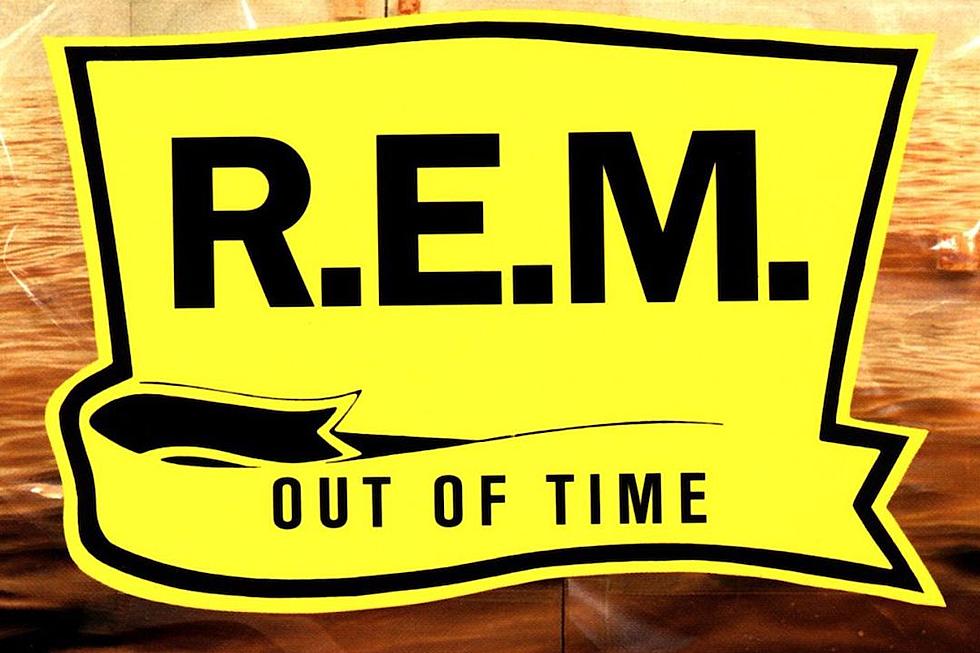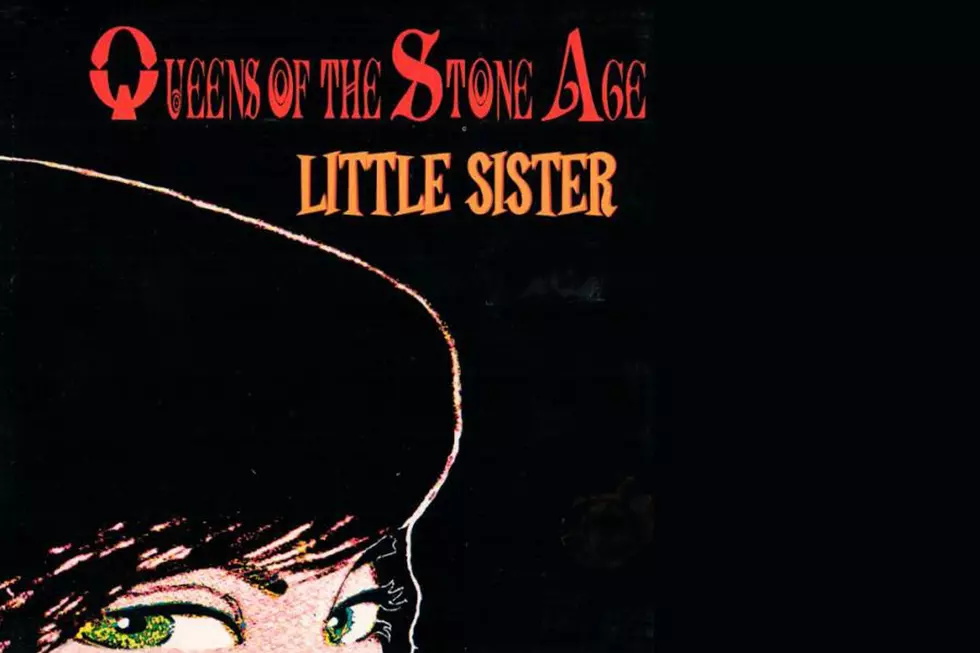It’s (Not Really) Marie Prevost Day
After leaving pub rockers Brinsley Schwarz, Nick Lowe's 1978 solo debut, Jesus of Cool, introduced the world to a songwriter with a firm command of rock's roots and a wickedly sardonic sense of humor. Buried deep on the record, which was renamed Pure Pop for Now People in the U.S., is "Marie Provost," and Lowe puts the events as taking place in a "cheap hotel up on Hollywood West" on "July 29."
The lyrics deal with Marie Prevost, a real-life star of silent movies, who died broke and lonely to the point where cops broke broke down her door and found her corpse being eaten by her hungry dachshund. Lowe turns the gruesome tale into something comedic, with poppy guitars and cheery background vocals blunting the impact. "She was winner / That became the doggie's dinner / She never meant that much to me / Oh, poor Marie," he sings in the chorus.
Prevost's story was chronicled in Kenneth Anger's famous book, Hollywood Babylon, which is believed to be where Lowe had heard about it. But how accurate were Anger's and Lowe's portrayals? Yes, she rose to prominence in the late '10s, when she was discovered by Mack Sennett. In 1921, she then moved to Universal and, a year later, signed with Warner Bros., often playing, according to the Lost Art of Being a Dame, a flapper during the height of the Jazz Age.
And Lowe was also right in saying that the decline of her career coincided with the rise of talkies, but that had more to do with the death of her mother in 1926 than an inability to recite dialogue. To cope with the loss -- and her second divorce -- she began eating and drinking heavily, which caused her to lose the slim figure that made her so famous. By the '30s, she was no longer the ingenue, and was cast in supporting roles behind the likes of Jean Harlow, Helen Hayes, Barbara Stanwyck and Joan Crawford.
A 1936 New York Times article called “Sometimes They Do Come Back” describes her as a former star who had been "successful with a reducing course" to lose weight. But it failed to get her anything more than bit parts, and she went into a decline, with the causes of death being listed as acute alcoholism and starvation.
However, her body wasn't discovered on July 29, as Lowe sang, but on Jan. 23, 1937, and it was believed that she had died two days before, not "two or three weeks." As for the dog, whose name was Maxie, it was actually her barking that caused her neighbors to call the cops. And, contrary to what Anger wrote, both the police report and Prevost's obit in the Los Angeles Times said that Maxie wasn't trying to eat her out of hunger, but that she was nipping at her limbs to try and wake up Prevost.
At the time of her death, she had $300 to her name and also owed money to Crawford, who paid for her funeral. The film industry created the Motion Picture Relief Fund and the Motion Picture Country Home and Hospital after hearing about her plight.
So for whatever reason, Lowe took a few liberties with the lyrics, including changing her name from "Prevost" to "Provost." But the song remains a classic by one of the men most closely associated with the early days of New Wave, who remains an active writer and performer today.
25 Bands You Won't Believe Aren't in the Rock and Roll Hall of Fame Yet
More From Diffuser.fm









